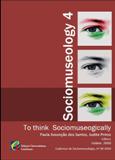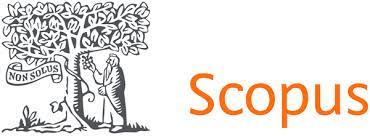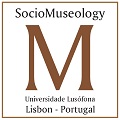Museum of the City of São Paulo: A new paradigm of City Museums in the Era of Megalopolises
Abstract
The City is a tomography of the present, indicating to the future, strata of past times.
Nowadays city growth averages one million people every week; while back in 1950 there were eighty six cities with more than one million inhabitants, today they are four hundred all over the world. However the most significant effect of the urban process is, doubtless, the explosion of megacities. It took one century for the urban population – around three point four billion inhabitants – to surpass the number of people in the country, but United Nations projections indicate that by 2025, urban population will reach 61% of the total.
Creating a new city museum in São Paulo requires that, in a first analysis, one should consider as geographic area of study some fifteen hundred square kilometres corresponding to the patrimonial intervention area. That is the area of the Municipality, politically divided into ninety six districts where eleven million people live, while approximately twenty million people live in the metropolitan areaDownloads
Authors retain copyright and grant the journal right of first publication with the work simultaneously licensed under aCreative Commons Attribution License that allows others to share the work with an acknowledgement of the work's authorship and initial publication in this journal.













